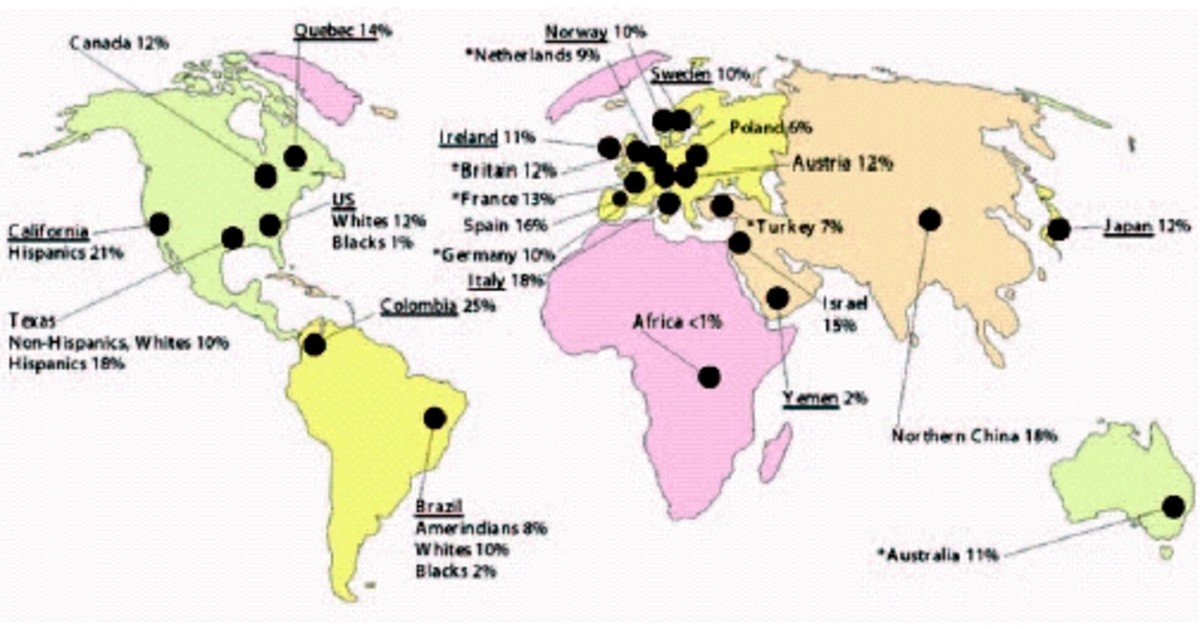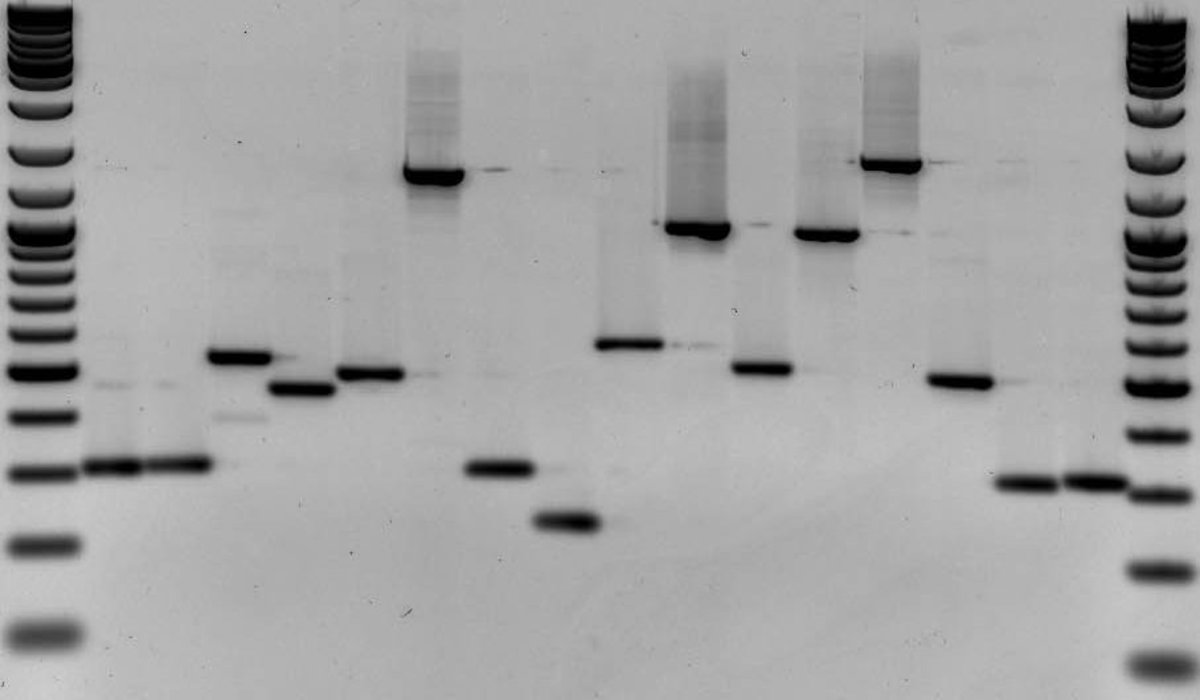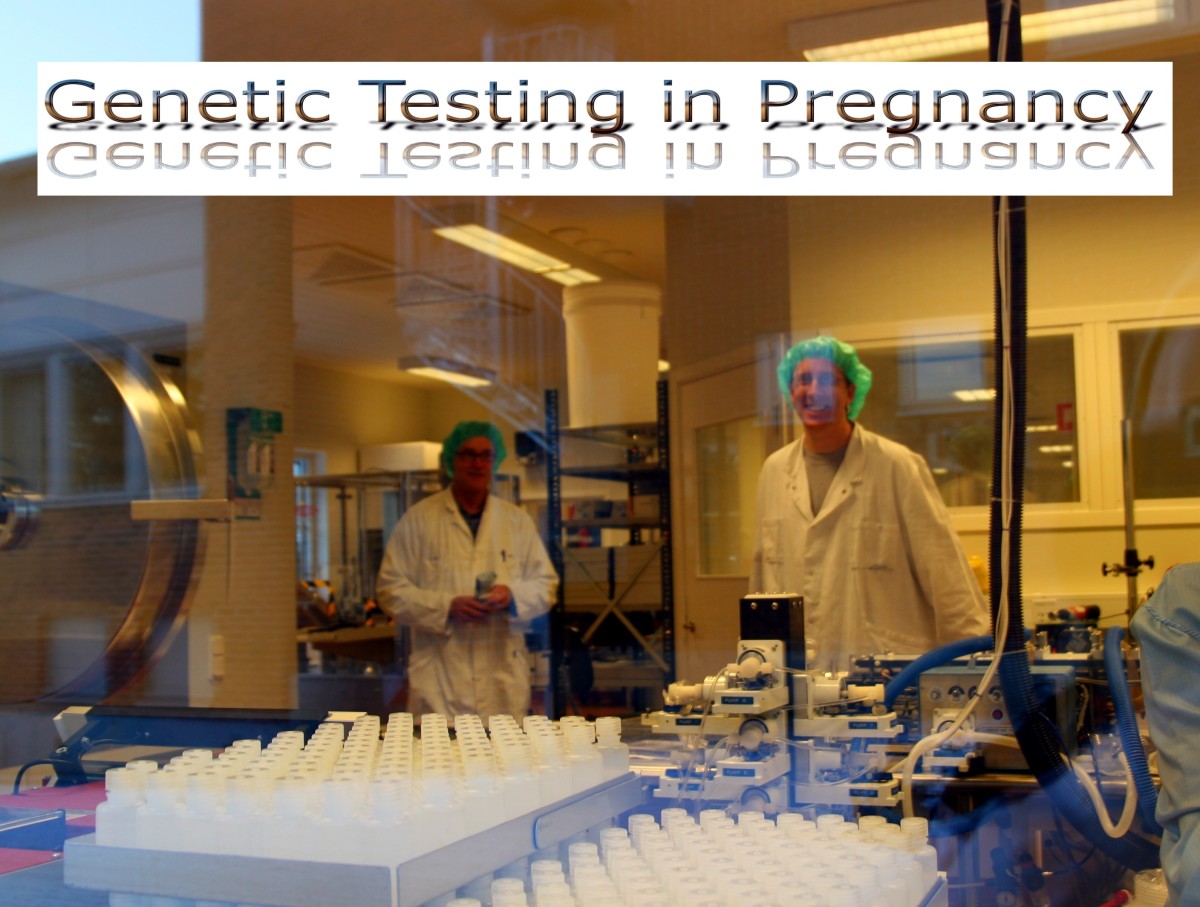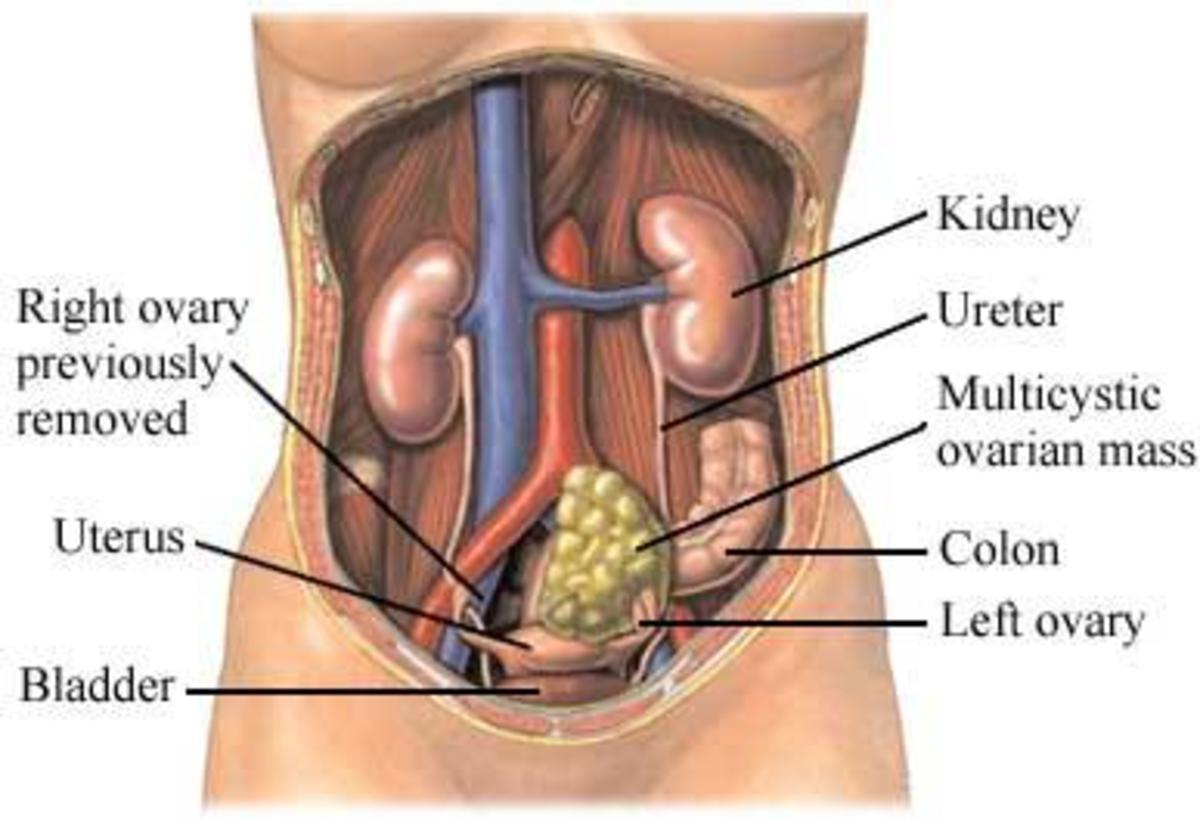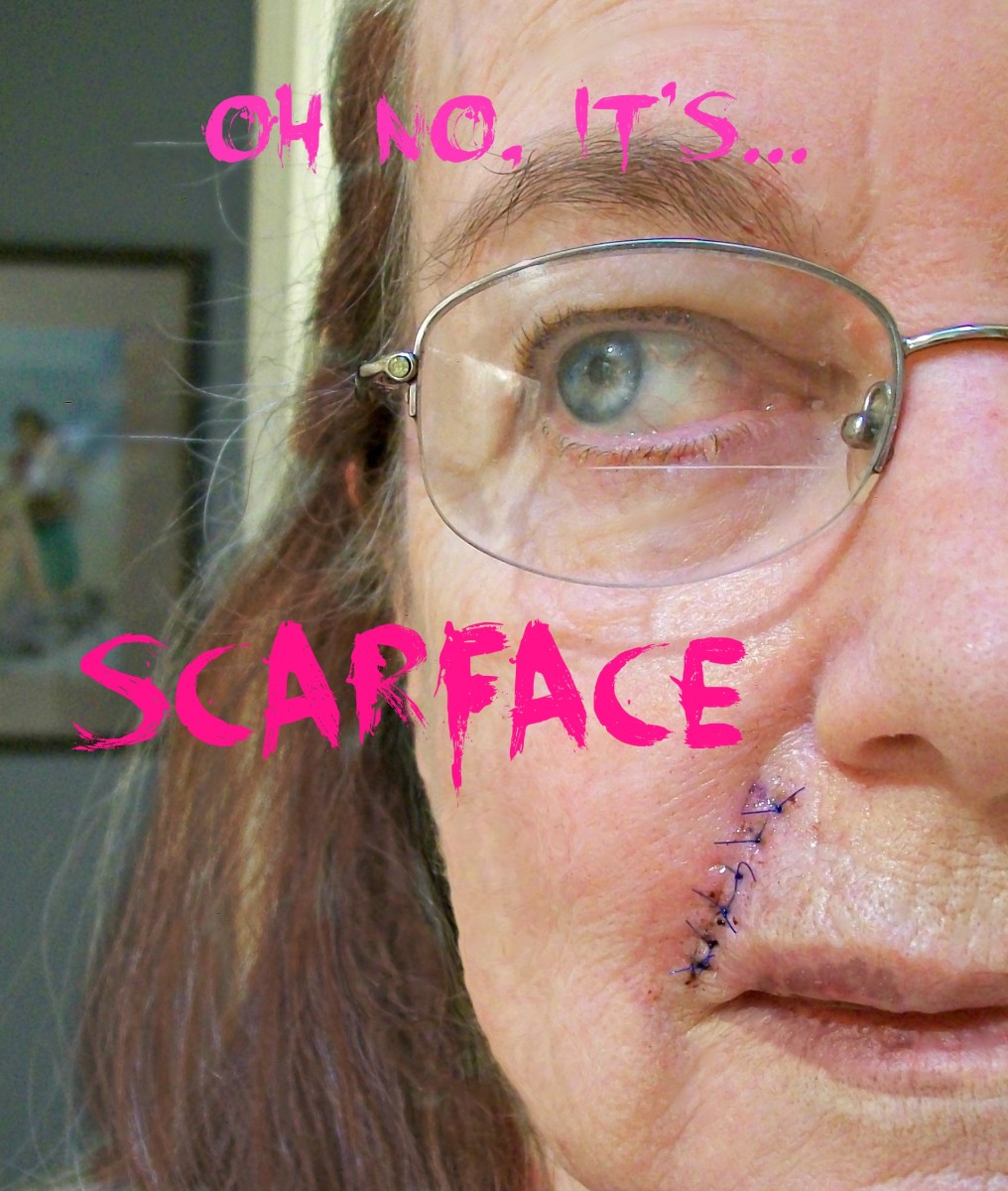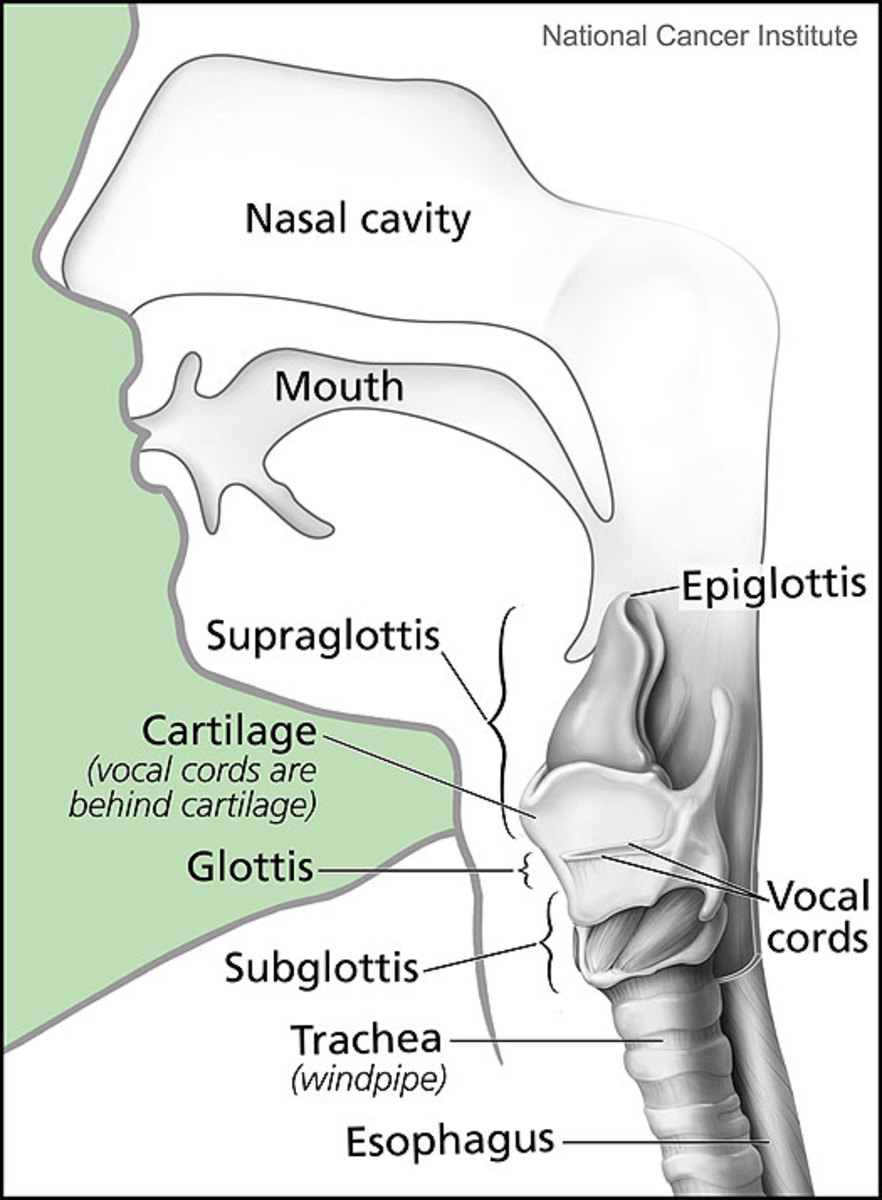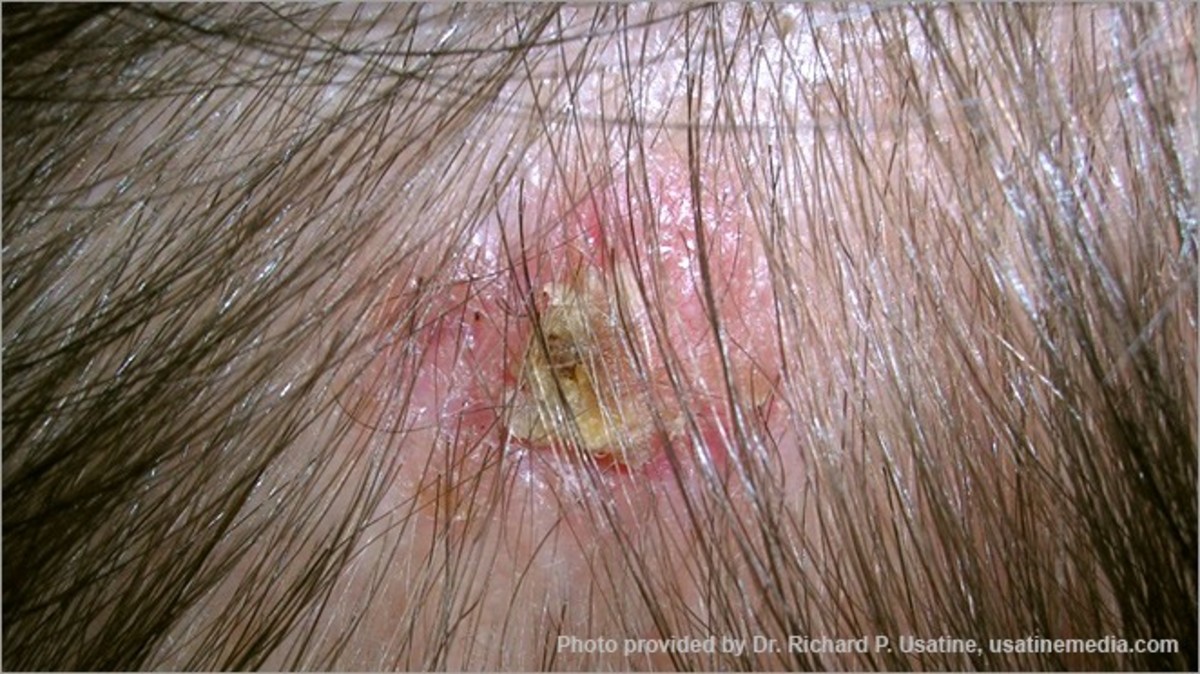Is Cancer Inherited?
Genetic DNA
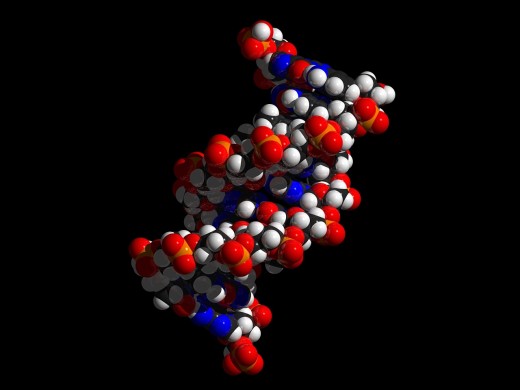
Is Cancer Inherited?
Approximately 5% to 10% of all cancers have genetic mutations, which have been associated with specific genes, as there are more than fifty hereditary cancer syndromes. These gene mutations can predispose a person to developing particular types of inherited cancers.
Having a gene mutation does not mean you will definitely get cancer. Obviously lifestyle has an impact on the risk of getting cancer. Some examples include having exposure to carcinogenic substances that damage the DNA, including the chemicals in tobacco smoke and ultraviolet rays from the sun.
Inherited Gene Mutations
A gene mutation may be inherited from your mother or father. The damaged gene mutation puts you at a higher risk of developing cancer than most people. Cancers that occur due to the inherited gene are called ‘hereditary cancer.”
Cancer is caused by particular changes to genes that control the way our cells function, including how they grow and divide. The function of genes is to carry instructions to the body to make proteins, which are working cells. Abnormal gene changes may cause normal cells to evade growth or even increase the production that make cells grow too fast.
Common types of cancer that can be inherited include:
-
Breast
-
Ovarian
-
Colorectal
-
Prostate
There are some other some rare types of cancer that can also be inherited.
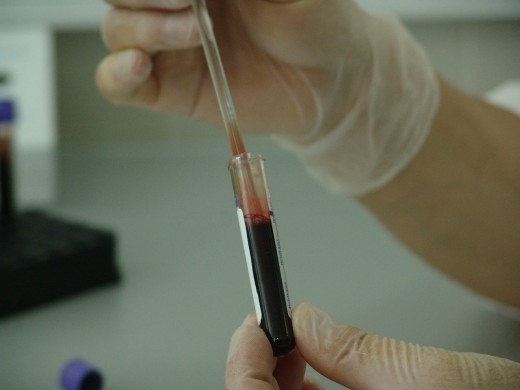
Genetic Testing - BRAC Genes
Genetic cancer tests include: BRAC1 and BRAC2, which are actually human genes that produce tumor suppressant proteins. These two tests are specific for breast and ovarian cell cancer. Females that carry this gene mutation are more likely to develop breast or ovarian cancer at a younger age than another individual who develops cancer without this gene marker. It is possible for a male to get breast cancer.
BRAC1 and BRAC2 normally help repair damaged DNA. They also play an important role in the genetic cell’s stability. When either of these genes are mutated or altered, then the protein does not function as it was designed. Therefore, repair of DNA damage may not happen. Cells are much more likely to develop other genetic alterations that may lead to cancer.
Whether this mutation is inherited from your mother or your father, the result is each child who carries a mutation of one of these genes has a 50% chance of inheriting the mutation. Again, it does not mean that cancer is definitely in your future. The purpose of genetic testing is to make you aware of having the mutation, and it will enable you to seek early treatment if anything abnormal develops. Genetic counseling is a good idea, so, the results of your testing can be fully explained.
The good news is there are several genetic tests that will tell you if you have a genetic mutation. If someone has active cancer, the genetic testing will show the same cancer-associated mutation in other family members. This does not mean every person carrying this gene mutation will get cancer.
Genetic testing is usually completed using a blood sample, a sputum sample or a tissue sample. The testing procedure is typically not painful.
Breast Cancer BRCA1 & BRCA2 Gene Mutations
Other Genetic Tests
Other genetic testing for cancer risk diagnosis include:
-
Gene: TP53 - LI Frameni Sydrome: This genetic marker reveals some types of “breast cancer, soft tissue sarcoma, osteosarcoma (bone cancer), leukemia, brain tumors, adrenocortical carcinoma (cancer of the adrenal glands), and other cancers.”
-
Gene: PTEN - Cowden Syndrome: “Breast, thyroid, endometrial (uterine lining), and other cancers.”
-
Genes: MSH2, MLH1, MSH6, PMS2, EPCAM - Lynch Syndrome - “Related cancer types: Colorectal, endometrial, ovarian, renal pelvis, pancreatic, small intestine, liver and biliary tract, stomach, brain, and breast cancers.”
-
Gene: RB1 - Retinoblastoma - “Related cancer types: Eye cancer (cancer of the retina), pinealoma,(cancer of the pineal gland), osteosarcoma, melanoma, and soft tissue sarcoma.”
-
Gene: MEN1 - Multiple endocrine neoplasia type 1 (Wermer syndrome) - “Related cancer types: Pancreatic endocrine tumors and (usually benign) parathyroid and pituitary gland tumors.”
-
Gene: RET - Multiple endocrine neoplasia type 2 - “Related cancer types: Medullary thyroid cancer and pheochromocytoma (benign adrenal gland tumor).”
-
Gene: VHL - Von Hipple-Lindau Syndrome - “Related cancer types: Kidney cancer and multiple non-cancerous tumors, including pheochromocytoma.”
This list of gene tests, including the BRACs can be a bit frightening. Do you need to be tested? The National Cancer Institute suggests three criteria should be met to determine if testing is warranted, which includes having an inherited cancer condition or if you have a family member with one. The tests must be adequately interpreted, and your results will determine your future medical care.
Additionally, there is an ethnic consideration, such as people of Jewish ancestry have a higher percentage of ovarian and breast cancers. Even if there is a cluster of various types of cancer or a close relative has been diagnosed with more than one type of cancer, testing should be considered. If a family member has a type of cancer at a younger age than usual, that may be a reason for testing.
Other Factors That Increase Cancer Risk
Scientist have been aware for numerous years that age is a factor in developing cancer, but scientist have no clear answer as to why. As mentioned earlier, sun exposure and smoking can certainly cause cancer in some cases.
Poor eating habits, lack of exercise, alcohol and other exposures may also have an impact. Doing a self breast exam monthly is an excellent way to catch breast cancer in an early stage.
Gene mutations that happen after conception are called somatic (or acquired) changes. These are changes that may be caused by smoking or ultraviolet rays.
Specific Gene Mutations
With breast, lung, ovarian or gastric cancers, mitochondrial cells can be checked on a routine basis in biopsies. Researchers have developed new measures from their post-treatment of cancer patients. Unfortunately, you cannot know if cancer will return in a patient that has been treated. It is useful to know if a patient does respond well to a specific treatment. This gives some peace of mind to the patients, their families and even the doctors.
Gene mutations that happen after conception are called somatic (or acquired) changes. These are changes that may be caused by smoking or ultraviolet rays.
With breast, lung, ovarian or gastric cancers, mitochondrial cells can be checked on a routine basis in biopsies. Researchers have developed new measures from their post-treatment of cancer patients. Unfortunately, you cannot know if cancer will return in a patient that has been treated. It is useful to know if a patient does respond well to a specific treatment. This gives some peace of mind to the patients, their families and even the doctors.
Gene mutations that happen after conception are called somatic (or acquired) changes. These are changes that may be caused by smoking or ultraviolet rays.
With breast, lung, ovarian or gastric cancers, mitochondrial cells can be checked on a routine basis in biopsies. Researchers have developed new measures from their post-treatment of cancer patients. Unfortunately, you cannot know if cancer will return in a patient that has been treated. It is useful to know if a patient does respond well to a specific treatment. This gives some peace of mind to the patients, their families and even the doctors.
Smoking

Ovarian Cancer - What Women Need To Know
In Summary
Approximately two-thirds of all cancer deaths occur due to recurrence after a person’s initial type of cancer and the treatment of the disease. Scientist have looked at over 400 mitochondrial DNA, which has allowed them to predict more successfully if a cancer is likely to return or if metastasis is likely to happen.
Since there are multiple types of cancer, finding a cure has been a long time in coming. The early testing is a very good way for an individual to know if they are at a higher risk, and if so seek treatment when the cancer is in its first stage. The earlier that cancer is diagnosed, the better the long term prognosis.
Genetic Testing Poll
Have you ever had genetic testing for cancer?
References
- https://www.cancer.gov/about-cancer/causes-prevention/genetics
- http://www.facingourrisk.org/understanding-brca-and-hboc/information/hereditary-cancer/genetic-testing/basics/overview.php
- https://www.mskcc.org/cancer-care/risk-assessment-screening/hereditary-genetics
- https://www.nih.gov/news-events/news-releases/nih-study-offers-insight-into-why-cancer-incidence-increases-age
- https://www.cancer.org/cancer/cancer-causes/genetics/understanding-genetic-testing-for-cancer.html
- https://www.sciencedaily.com/releases/2017/09/170921095026.htm
- https://www.cancer.gov/about-cancer/causes-prevention/genetics
- https://www.cancer.gov/about-cancer/causes-prevention/genetics/brca-fact-sheet#q1
- https://www.cancer.gov/about-cancer/causes-prevention/genetics/genetic-testing-fact-sheet#q3
This content is accurate and true to the best of the author’s knowledge and does not substitute for diagnosis, prognosis, treatment, prescription, and/or dietary advice from a licensed health professional. Drugs, supplements, and natural remedies may have dangerous side effects. If pregnant or nursing, consult with a qualified provider on an individual basis. Seek immediate help if you are experiencing a medical emergency.
© 2018 Pamela Oglesby

